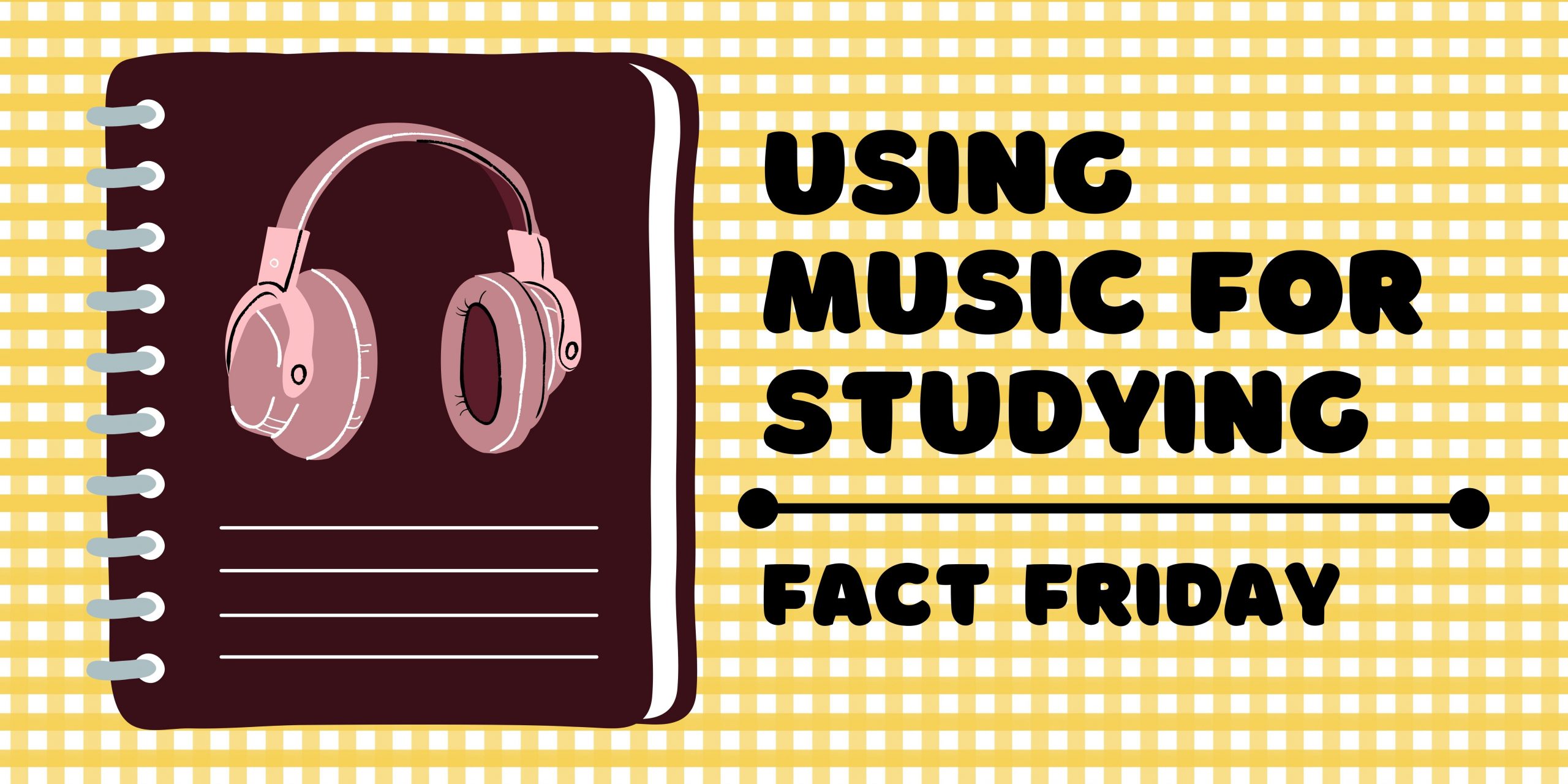Using Music for Studying


Although listening to music while studying affects everyone differently, the action has been proven to increase concentration, alertness, and memory. If you enjoy music, it triggers the same hormones as other things you enjoy, thus putting you in a state where you are much more willing to maintain information. In addition, it also helps alleviate some of the stress you feel as you study.
In a 2007 study conducted by the Stanford University School of Medicine, listening to music helps increase your brain’s productivity, thus allowing you to better interpret new information. Listening to music even outside of studying can boost your learning capabilities. People who listen to different genres of music frequently or study music find it easier to predict what will happen next and evaluate current situations in their everyday lives.
By stimulating your brain with music, your brain is “working out” like how your body works out when exercising. Your body becomes stronger and is able to withstand additional reps of certain exercises after continuously doing it. Imagine yourself doing 10 burpees each day for an entire week. By the next week, you would most likely be able to do 20 burpees each day. In the same sense, if you train your brain to memorize 1 song each day for a week, you should be able to memorize 2 songs each day in the following week. Hence, you can use that increased capacity for memory to study more efficiently and effectively.
Now, you might be thinking, “But what type of music would present the best results?” This step of the process is very important. In order to ensure that you are not distracting yourself instead, you must listen to the correct type of music when you study:
- Music that has no words
- Calm, slow music
- Music that does not have surprises or drastic dynamic(volume) changes
- Music that you do not have strong feelings toward
- Commercial-free music
In addition, make sure to keep the volume low. If it is too loud, it could hinder your ability to comprehend what you are studying/learning. If music is still too distracting to you when following these tips, here are some other sounds you could consider listening to:
- Nature sounds
- Coffee shop sounds with inaudible dialogue if you like working in busy settings
- City Noises
- White Noise
- White noise muffles your surrounding sounds, therefore allowing you to ignore things around you that are distracting
Music, in the end, has been shown to improve many skills needed for studying so the next time you are struggling to comprehend information or focus, you could give this a try and see if it works for you!

